Ricco plans to race again after blood-doping ban
Controversial Italian insists he would never use mechanical doping
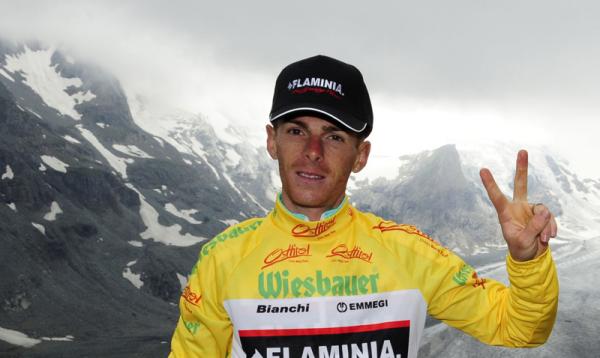
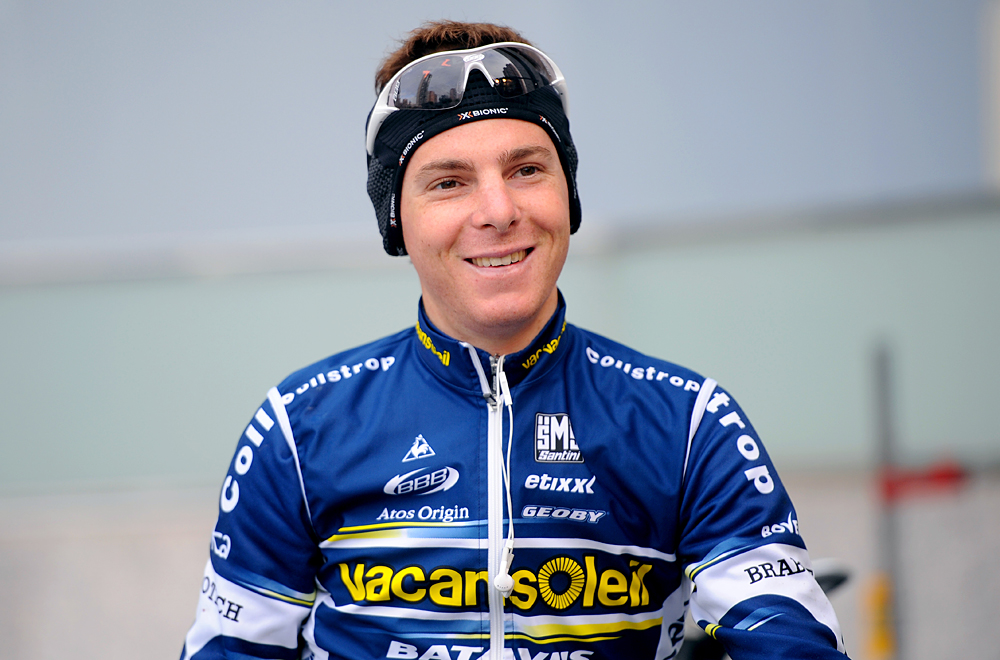
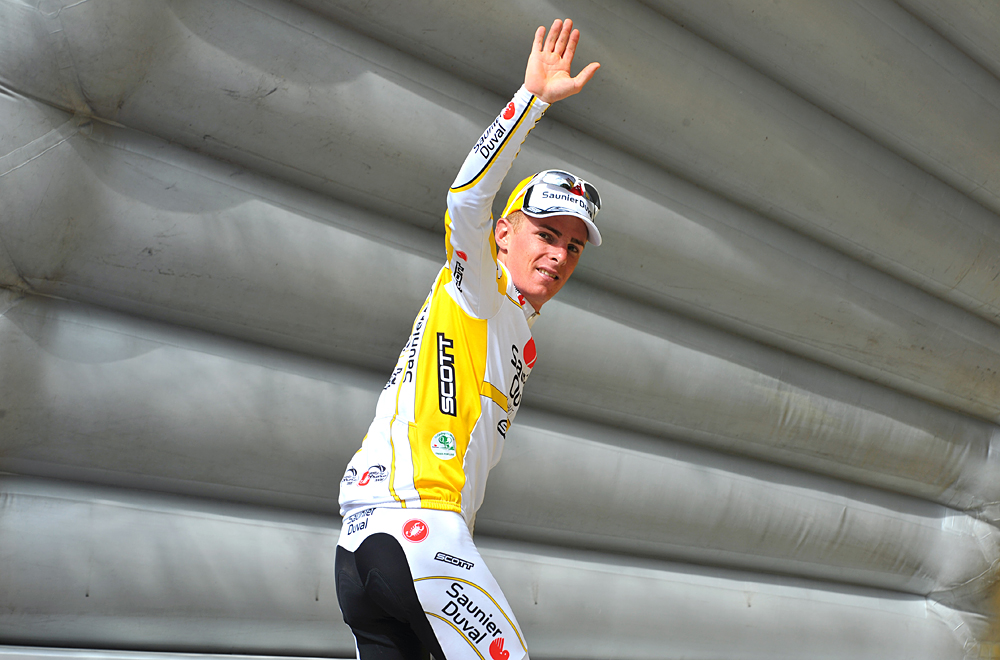
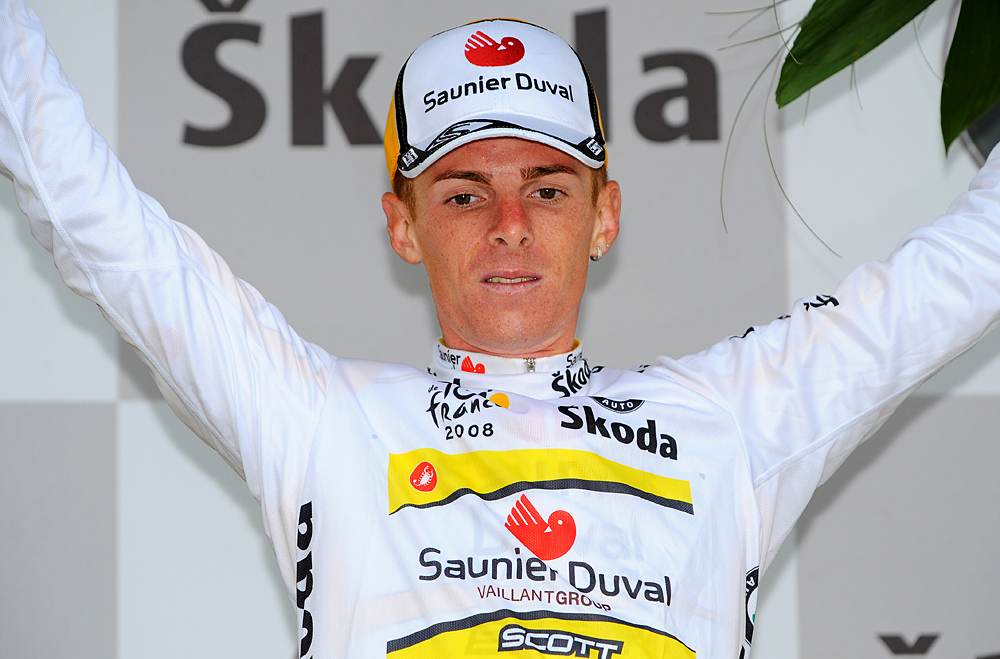
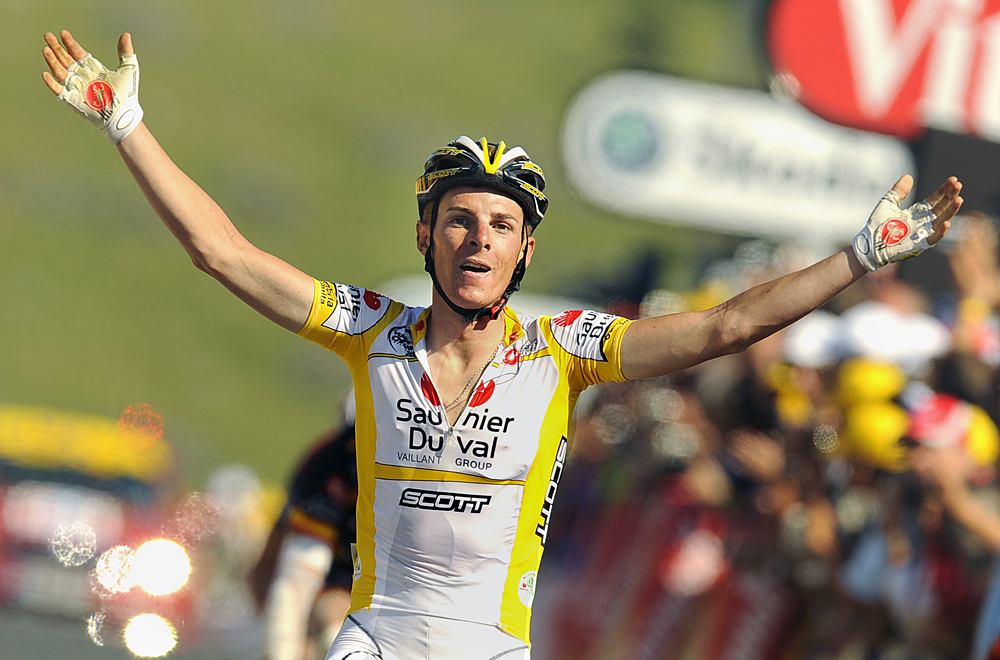
Riccardo Riccò has promised to return to racing when his ban for blood doping ends in 2023, despite considering himself a pariah of the sport compared to many of his former Grand Tour rivals.
The disgraced Italian will be 40 in 2023, but during a long interview published by La Gazzetta dello Sport he insists he will be competitive.
Ricco was banned for 12 years in 2012 after already serving a two-year ban for his positive test for CERA at the 2008 Tour de France. He was also caught up in an investigation into the sale of stolen hospital medicines before moving from Italy to the Spanish island of Tenerife, where he now owns an ice cream parlour.
"I'll be 40 when my ban ends in 2023. I'll be competitive. If I was training now, I'd be stronger than ever, I feel it. Some teams want me and if not I'd create my own team. Whatever, sooner or later I'll be back racing," Ricco told La Gazzetta dello Sport, still showing his usual bravado during an interview. The interview took place in his lawyer's office in Rimini in the presence of his latest wife, Melissa, who he married a year ago.
"I've now got a ice cream shop in Tenerife. I even make ice cream for dogs. Things are going well. Perhaps it's because I'm now working but I think I've changed. I like making ice cream but there's nothing like my love for cycling.
"I don't ride much, but I still love it. Riding helps me relax. I don't watch much racing, but I see my former colleagues go as fast as ever, if not faster. Valverde is like balsamic vinegar, the older he gets the better he is. I like [Fabio] Aru, [Peter] Sagan is unique and is good for cycling. I like [Vincenzo] Nibali, too. He's the best rider we have in Italy."
Ricco was always a controversial figure. He won mountain stages at the Giro d’Italia in 2007 and 2008 but made bigger headlines for his blunt comments about his rivals and about doping when he was caught.
Get The Leadout Newsletter
The latest race content, interviews, features, reviews and expert buying guides, direct to your inbox!
He suggested to La Gazzetta dello Sport that he is still treated like someone with the plague because he lacked 'friends' in the right places but claims that has not dented his love for cycling and stopped him from again speaking his mind. He reveals he “named names" and spoke for seven hours to the UCI's CIRC commission that published its report into doping in professional cycling in 2015. That failed to secure a cut in his ban.
"I got a long ban because I always said what I thought. I was young, exuberant and never held anything back. I also never had anyone who helped me. In comparison, [Ivan] Basso has been good at selling himself to the media. It's one of his qualities. He was also surrounded by the right people," Ricco said.
"When I had problems everyone disappeared. Agents and managers only think about money. That disgusts me. There are some managers who know everything about doping and direct you where to go. In cycling it's the riders and teams that are punished but I'd include managers, too, and to young rider's relatives, too. Teams don't say you have to dope but they want results."
'I prefer chemical doping to mechanical doping'
Ricco made the headlines for his sharp tongue and generalised accusations. In that aspect he appears to have changed little. He appears to have little regret about doping and the damage it caused to the sport.
"I was only ever scared of being caught. That's why I always did less than I was told to. I was never scared of damaging my health," he said.
"I got my doping from a person I trusted. The black market is huge and even the pharmaceutical companies play their part, but they're untouchable. I worked with Dr. Santuccione, he was a great person. I never wanted to go with Dr. Ferrari because I couldn't stand the idea that he could decide the results of races. Ferrari had loads of riders. He decided the classification."
Ricco confirms he was saved from death by emergency doctors in Italy after adding infected blood to his body. He reveals he later thanked the doctors for saving his life.
"I almost died from blood poisoning after bacteria got into the blood bag. A lot of people said the blood was kept poorly but that's not true. I didn't keep the blood bag in the fridge with the vegetables. I'm not stupid. I had a special fridge for it," he said.
"When I felt ill I didn't know what to do and so things quickly got worse. The doctors saved me. Things were so bad that I didn't have time to be afraid. Nobody has even known this, but I went to thank the doctors after they saved my life."
Ricco carefully chose his words when asked about the current state of professional cycling. He insisted he would have never used mechanical doping.
"Are they clean now? Are we sure? I'm out of that world so I don't know. What do you think?" he says, turning the question to Italian journalist Claudio Ghisalberti, who did the interview.
"It's not nice to ask if people prefer cycling now or in the past. I think that chemical [doping] helps under medical control, even if it's called doping, and does less damage than the effort of riding the Tour de France on bread and water.
"I want to add that I prefer chemical doping to mechanical doping. At least you have the courage to take your on risks. Mechanical doping means it's a different sport. I'd never have been able to use it. I'd have felt like a shit."